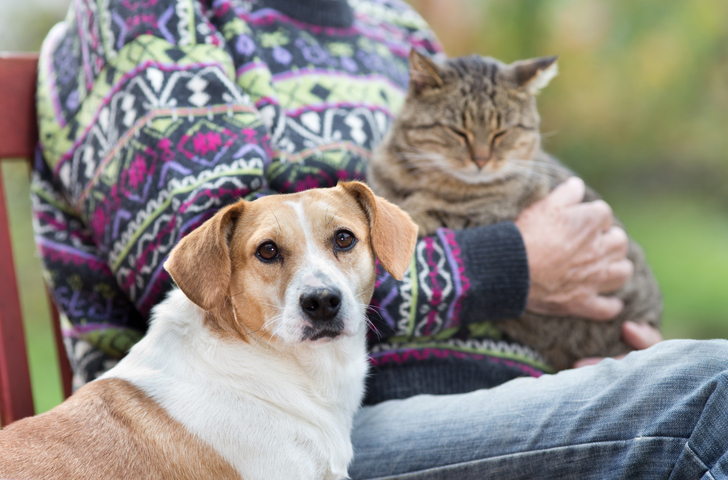Hormonal Control of Estrus in Pigs
- Hormonal Control of Estrus
- Overview of Hormonal Control of Estrus
- Hormonal Control of Estrus in Horses
- Hormonal Control of Estrus in Cattle
- Hormonal Control of Estrus in Goats and Sheep
- Hormonal Control of Estrus in Pigs
- Hormonal Control of Estrus in Dogs
- Hormonal Control of Estrus in Cats
In pigs, estrus synchronization may be easily achieved by synchronized weaning of lactating sows; estrus is seen 4–10 days later. Administration IM of a commercially available combination of equine chorionic gonadotropin (eCG; 400 IU) and human chorionic gonadotropin (hCG; 200 IU), per 5 mL dose, given as a single injection within 12 hr after weaning, tightens the synchronization, and estrus is seen 4–5 days after weaning. This eCG and hCG combination also induces estrus in gilts with delayed puberty and in sows with postweaning anestrus. Exogenous prostaglandin induces luteolysis of the porcine corpus luteum only after day 12 of the estrous cycle and, therefore, is not a practical agent for estrous cycle control; however, estrus may be synchronized by induction of abortion in sows pregnant >15 days by administration of PGF2α (15 mg, IM, then 10 mg, IM, 12 hr later) or cloprostenol (1 mg, followed 24 hr later by 0.5 mg); sows return to estrus 4–10 days after treatment. Oral altrenogest (15–20 mg/day, PO, for 14–18 days) may be used for estrus synchronization and for improvement of farrowing rate and litter size in mature sows. In lactating sows, one daily dose of altrenogest from the day of weaning until 5 days before the planned breeding day is also effective and results in estrus 4–9 days after completion of treatment. Estrus may also be synchronized by using bovine norgestomet implants (one implant followed by addition of a second implant 9 days later) removed 19 days after initiation of treatment; neither treatment is currently approved in the USA for swine. Combination eCG and hCG may be given on the day of progestagen withdrawal to better synchronize estrus.
- Hormonal Control of Estrus
- Overview of Hormonal Control of Estrus
- Hormonal Control of Estrus in Horses
- Hormonal Control of Estrus in Cattle
- Hormonal Control of Estrus in Goats and Sheep
- Hormonal Control of Estrus in Pigs
- Hormonal Control of Estrus in Dogs
- Hormonal Control of Estrus in Cats




